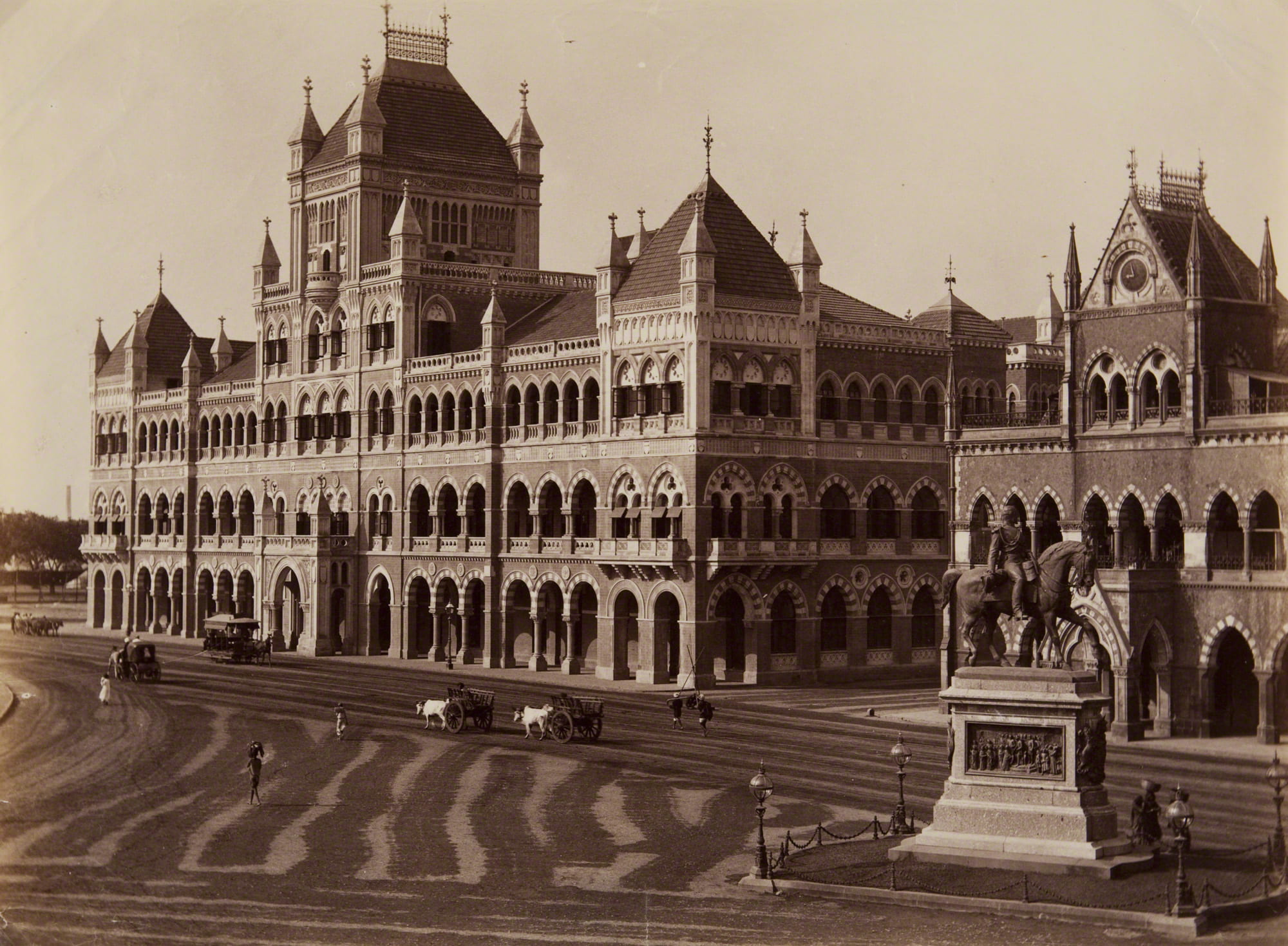Ghulam Habib Panjshiri
Kabul University, Department of History
Tarikh-e Degar Afghanistan: Yad’dasht Yak Muarikh (“Other History of Afghanistan: A Historian Note)”
There have been critical changes in studies of history especially concerning the framework of historiographical tradition and historical categories including but not limited to creation of historical evidences, nationalistic interpretation, and comprehensive criticism. These have been the most educative, the most inspiring, the most shocking, and the most interesting moments in writing of history in Afghanistan. These have enabled politically and spiritually common people (tuda’ha-ye mubarez) in their struggle for social justice, and national uprisings in both understanding and resisting against social relations, such as stratification of their society along classes, colonial legacy, and native elitist dominance and alliances with global imperialism. History writing and historical researches on contemporary Afghanistan are important for every citizen, especially for the patriotic, progressive, and democratic citizens. They are responsible for making possible a type of historical writing to be both national and democratic. In this paper I will try to discuss for this case, and to hope that current and future historians and scholars of Afghanistan will build the foundation, and move into areas of deeper thinking about Afghan people’s history and their struggles, in order to catch up with modern new historical writing to be both global-based, and ideologically progressive. The future is yours. If you resist, you win!
Ghulam Habib Panjshiri. Dr. Panjshiri is Associate Professor of history at Kabul University. He holds a PhD in General History from Tashkent State University (1991). His most recent publications, in Persian, have been A Review of Political Dynamics of Afghanistan, 1901-2001 CE (Kabul: Aazem Publications, 2016), and A History of Afghan State Educational System, 1903-201 CE (Kabul: Saed Press, 2016). His current research project focuses on history of modern education in Afghanistan.
